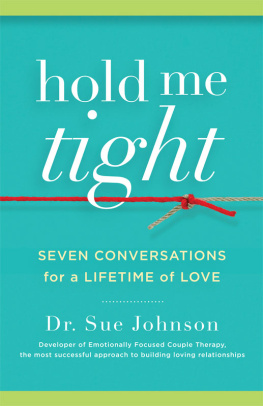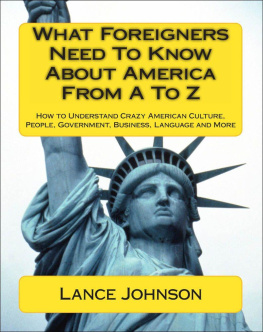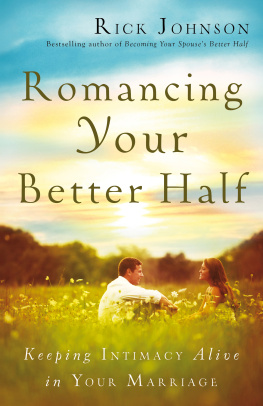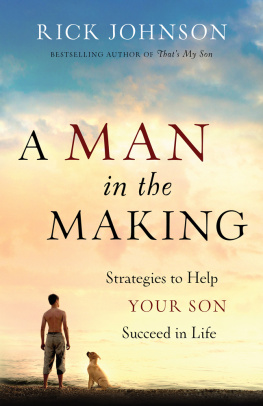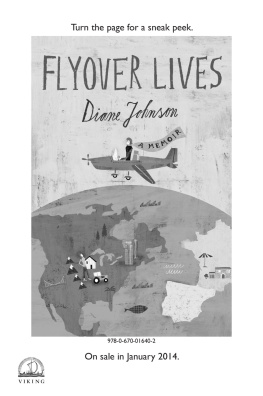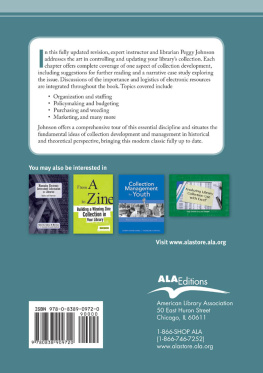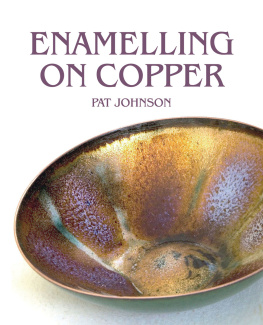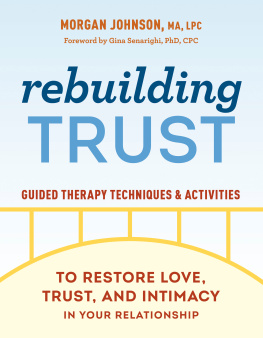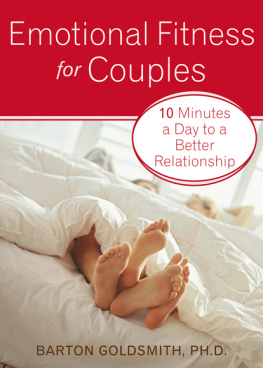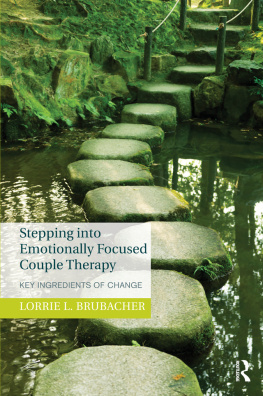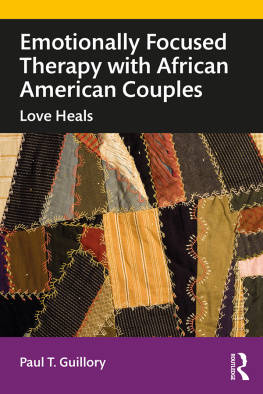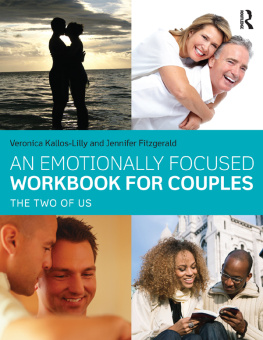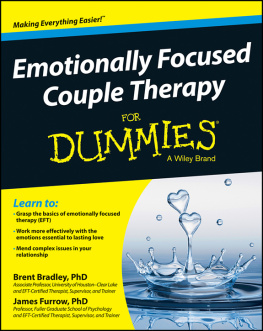Copyright 2008 by Susan Johnson
All rights reserved. Except as permitted under the U.S. Copyright Act of 1976, no part of this publication may be reproduced, distributed, or transmitted in any form or by any means, or stored in a database or retrieval system, without the prior written permission of the publisher.
Little, Brown and Company
Hachette Book Group
237 Park Avenue, New York, NY 10017
Visit our Web site at www.HachetteBookGroup.com
First eBook Edition: April 2008
First stanza from Dance Me to the End of Love from Stranger Music: Selected Poems and Songs by Leonard Cohen 1993. Published by McClelland & Stewart Ltd. Used with permission of the publisher. Late Fragment from A New Path to the Waterfall (1989) by Raymond Carver, reprinted by permission of Grove Press, a division of Grove/Atlantic, Inc.
ISBN: 978-0-316-03199-8
ALSO BY DR. SUE JOHNSON
The Practice of Emotionally Focused Couple Therapy: Creating Connection
Emotionally Focused Couple Therapy with Trauma Survivors: Strengthening Attachment Bonds
To my clients and colleagues, who have helped me to understand love.
To my partner, John, and my children, Tim, Emma, and Sarah, who have taught me how to feel it and give it.
Dance me to your beauty
with a burning violin
Dance me through the panic
till Im gathered safely in
Lift me like an olive branch
and be my homeward dove
Dance me to the end of love
LEONARD COHEN
I have always been fascinated by relationships. I grew up in Britain, where my dad ran a pub, and I spent a lot of time watching people meeting, talking, drinking, brawling, dancing, flirting. But the focal point of my young life was my parents marriage. I watched helplessly as they destroyed their marriage and themselves. Still, I knew they loved each other deeply. In my fathers last days, he wept raw tears for my mother although they had been separated for more than twenty years.
My response to my parents pain was to vow never to get married. Romantic love was, I decided, an illusion and a trap. I was better off on my own, free and unfettered. But then, of course, I fell in love and married. Love pulled me in even as I pushed it away.
What was this mysterious and powerful emotion that defeated my parents, complicated my own life, and seemed to be the central source of joy and suffering for so many of us? Was there a way through the maze to enduring love?
I followed my fascination with love and connection into counseling and psychology. As part of my training, I studied this drama as described by poets and scientists. I taught disturbed children who had been denied love. I counseled adults who struggled with the loss of love. I worked with families where family members loved each other, but could not come together and could not live apart. Love remained a mystery.
Then, in the final phase of getting my doctorate in counseling psychology at the University of British Columbia in Vancouver, I started to work with couples. I was instantly mesmerized by the intensity of their struggles and the way they often spoke of their relationships in terms of life and death.
Id enjoyed considerable success treating individuals and families, but counseling two warring partners defeated me. And none of the books in the library or the techniques I was being taught seemed to help. My couples didnt care about insights into their childhood relationships. They didnt want to be reasonable and learn to negotiate. They certainly didnt want to be taught rules for fighting effectively.
Love, it seemed, was all about nonnegotiables. You cant bargain for compassion, for connection. These are not intellectual reactions; they are emotional responses. So I started to simply stay with the couples experiences and let them teach me about the emotional rhythms and patterns in the dance of romantic love. I began to tape my couple sessions and replay them over and over again.
As I watched couples shout and weep, bicker and shut down, I began to understand that there were key negative and positive emotional moments that defined a relationship. With the help of my thesis advisor, Les Greenberg, I started to develop a new couple therapy, one that was based on these moments. We called it Emotionally Focused Therapy, EFT for short.
We ran a research project giving some couples a developing version of EFT; others a behavioral therapy, teaching communication skills and negotiation; and others no therapy at all. The results for EFT were amazingly positive, better than no treatment or the behavioral therapy. Couples fought less, felt closer, and their satisfaction with their relationships soared. The success of this study propelled me to an academic position at the University of Ottawa, where over the years I set up more studies with many different kinds of couples in counselors offices, training centers, and hospital clinics. The results continued to be astoundingly good.
Despite this success, I realized I still didnt understand the emotional drama that entangled my couples. I was navigating the maze of love, but I hadnt yet reached its heart. I had a thousand questions. Why did the distressed partners in my sessions seethe with such strong emotions? Why did people struggle so to get a loved one to respond? Why did EFT work, and how could we make it even better?
Then, in the middle of an argument with a colleague in a pub, the place where I first began to learn about human connection, I had one of those flashes of inspiration and understanding we read about. My colleague and I were discussing how so many therapists believe that healthy love relationships are just rational bargains. We are all into getting as many benefits as we can at the smallest possible cost, goes the thinking.
I said that I knew there was a lot more than this going on in my couple sessions. Okay, my colleague challenged, so if love relationships arent bargains, what are they? Then I heard myself say in a casual voice, Oh, theyre emotional bonds. Theyre about the innate need for safe emotional connection. Just like [British psychiatrist] John Bowlby talks about in his attachment theory concerning mothers and kids. The same thing is going on with adults.
I left that discussion on fire. Suddenly I saw the exquisite logic behind all my couples passionate complaints and desperate defensiveness. I knew what they needed, and I understood how EFT transformed relationships. Romantic love was all about attachment and emotional bonding. It was all about our wired-in need to have someone to depend on, a loved one who can offer reliable emotional connection and comfort.
I believed I had discovered, or rediscovered, what love is all about and how we can repair it and make it last. Once I began to use the frame of attachment and bonding, I saw the drama surrounding distressed couples so much more clearly. I also saw my own marriage much more clearly. I understood that in these dramas we are caught up in emotions that are part of a survival program set out by millions of years of evolution. There is no sidestepping these emotions and needs without contorting ourselves all out of shape. I understood that what couple therapy and education had been lacking was a clear scientific view of love.
But when I tried to get my views published, most of my colleagues did not agree at all. First they said that emotion was something that adults should control. Indeed, that too much emotion was the basic problem in most marriages. It should be overcome, not listened to or indulged. But most important, they argued, healthy adults are self-sufficient. Only dysfunctional people need or depend on others. We had names for these people: they were

